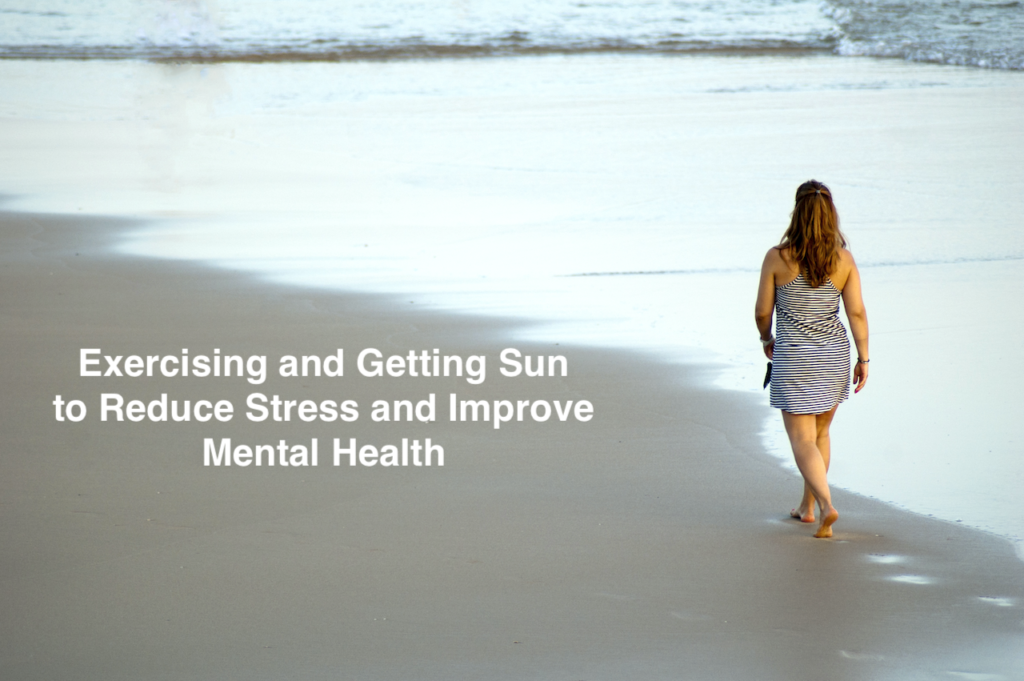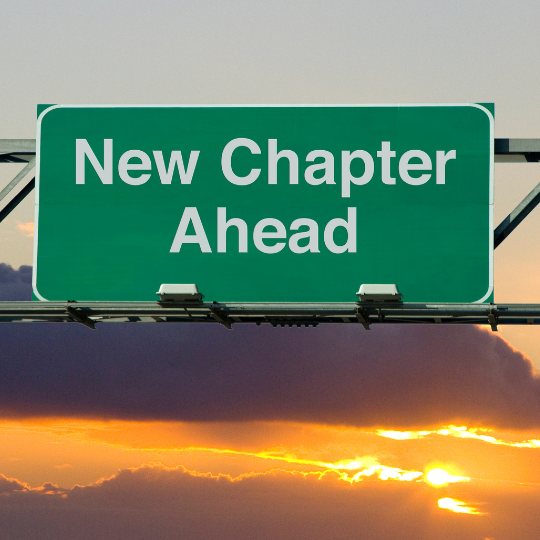Exercise – We Know We Should But Often Don’t
 I’ll be honest: Since COVID hit, my exercise routine has been badly disrupted. Worse, I haven’t quite gotten back on track. Mostly, it’s been a cycle of restarts, stalls, extended time away, then restarting all over again. I know that I’m not alone in that regard.
I’ll be honest: Since COVID hit, my exercise routine has been badly disrupted. Worse, I haven’t quite gotten back on track. Mostly, it’s been a cycle of restarts, stalls, extended time away, then restarting all over again. I know that I’m not alone in that regard.
Don’t get me wrong. I’m still putting in a decent number of kilometres of walking each week, but I’m not following a regime of exercises that is well-rounded and optimized to keep me in tip-top shape. I’ve also become aware that the quality of sleep I’m getting seems to be correlated with the amount and types of exercise I employ. With that in mind, I’m more than ever working to restore a good balance of fitness, stress management, sleep and adhering — strictly so — to a day/night cycle that has me closely following the day/night cycle.
A lot of the struggle I’m facing is driven by stress. As with many of you, the last few years have been quite the rollercoaster ride. Moreover, I’ve had a long, tough slog with mental wellness issues that have exacerbated the daily stress I experience. I can’t speak for others, but I will confess that when my stress/anxiety go up, I find it incredibly difficult to remain motivated to take care of my wellbeing. And by not putting in the work to maintain that wellbeing, it soon devolves into a downward spiral that has, at points in life, been pretty paralyzing.
The message behind today’s post is simple: Be gentle with yourself. Forgive yourself when you catch yourself not taking care to the degree you know you should. Guilt may be a widespread feature of Western culture, but guilt itself offers no benefit whatsoever. By all means, recognize how one might do better, but don’t judge yourself as somehow being bad or unworthy and allow guilt to enter the picture. It just makes things worse.
I’ve had a negative self-talk habit for as long as I can remember. When I was a child, teachers and family members would say that I was lazy and wouldn’t amount to anything. As I grew older, I carried on that conversation with Self, I suppose as a way of honouring the commentary that had been offered to me by those in positions of authority. It’s a common practice among humans, but it isn’t particularly generous or forgiving.
My focus now is to just remind myself when I’m not acting in a fashion that I know would be in my best interest. In the beginning, the most important step is to just recognize and acknowledge where an improvement can be made. If possible, make the time and space to put at least a little of what you should be doing into play. For example, after I write this blog post, I’ll be heading out for a walk. It may not be a very long one, but the intention is that I’ll burn a few calories, reduce stress, lower inflammation and get some much-needed sunshine that will set me up for that glorious flood of melatonin as darkness sets in this evening. I call that a win, even if the walk is relatively short.

I’m also keeping track of all the other exercises I feel I should be doing and rotating through them. As I gradually increase the frequency of these activities, I will eventually hit that happy threshold where the new behaviours are now habits. Once it’s a habit, it’s a lot easier to maintain it. And by not stressing about it, I’m more likely to continue building healthful behaviours than I would were I to pepper my internal discourse with negativity.
So, dear people, please be gentle on yourself. If you find yourself in what feels to be a largely unproductive cycle of starting/stopping healthful activities, just keep at it. Each loving attempt you make brings you closer to that new habit that will help you to perpetuate good health.
If you ever have any questions about this topic or others, please feel free to ask in the comments. I’m more than happy to help wherever I can.
Peace,
trane




Leave a Reply